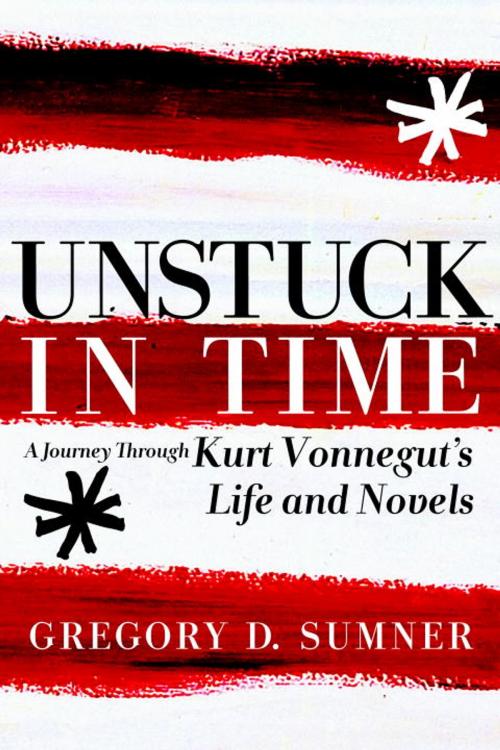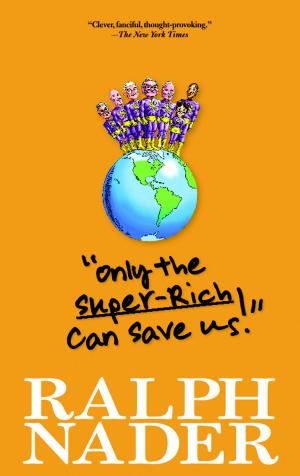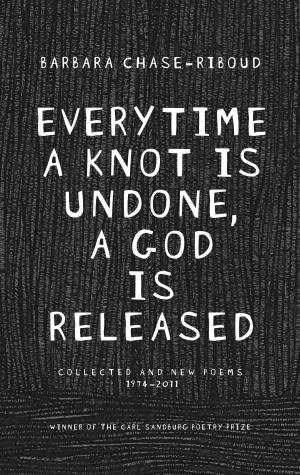Unstuck in Time
A Journey Through Kurt Vonnegut's Life and Novels
Fiction & Literature, Literary Theory & Criticism, American, Nonfiction, Entertainment, Drama, Anthologies, Biography & Memoir, Literary| Author: | Gregory D. Sumner | ISBN: | 9781609803605 |
| Publisher: | Seven Stories Press | Publication: | November 8, 2011 |
| Imprint: | Seven Stories Press | Language: | English |
| Author: | Gregory D. Sumner |
| ISBN: | 9781609803605 |
| Publisher: | Seven Stories Press |
| Publication: | November 8, 2011 |
| Imprint: | Seven Stories Press |
| Language: | English |
In Unstuck in Time, Gregory Sumner guides us, with insight and passion, through a biography of fifteen of Kurt Vonnegut’s best known works, his fourteen novels starting with Player Piano (1952) all the way to an epilogue on his last book, A Man Without a Country (2005), to illustrate the quintessential American writer’s profound engagement with the "American Dream" in its various forms. Sumner gives us a poignant portrait of Vonnegut and his resistance to celebrating the traditional values associated with the American Dream: grandiose ambition, unbridled material success, rugged individualism, and "winners" over "losers." Instead of a celebration of these values, we read and share Vonnegut’s outrage, his brokenhearted empathy for those who struggle under the ethos of survival-of-the-fittest in the frontier mentality—something he once memorably described as "an impossibly tough-minded experiment in loneliness." Heroic and tragic, Vonnegut’s novels reflect the pain of his own life’s experiences, relieved by small acts of kindness, friendship, and love that exemplify another way of living, another sort of human utopia, an alternative American Dream, and the reason we always return to his books.
In Unstuck in Time, Gregory Sumner guides us, with insight and passion, through a biography of fifteen of Kurt Vonnegut’s best known works, his fourteen novels starting with Player Piano (1952) all the way to an epilogue on his last book, A Man Without a Country (2005), to illustrate the quintessential American writer’s profound engagement with the "American Dream" in its various forms. Sumner gives us a poignant portrait of Vonnegut and his resistance to celebrating the traditional values associated with the American Dream: grandiose ambition, unbridled material success, rugged individualism, and "winners" over "losers." Instead of a celebration of these values, we read and share Vonnegut’s outrage, his brokenhearted empathy for those who struggle under the ethos of survival-of-the-fittest in the frontier mentality—something he once memorably described as "an impossibly tough-minded experiment in loneliness." Heroic and tragic, Vonnegut’s novels reflect the pain of his own life’s experiences, relieved by small acts of kindness, friendship, and love that exemplify another way of living, another sort of human utopia, an alternative American Dream, and the reason we always return to his books.















